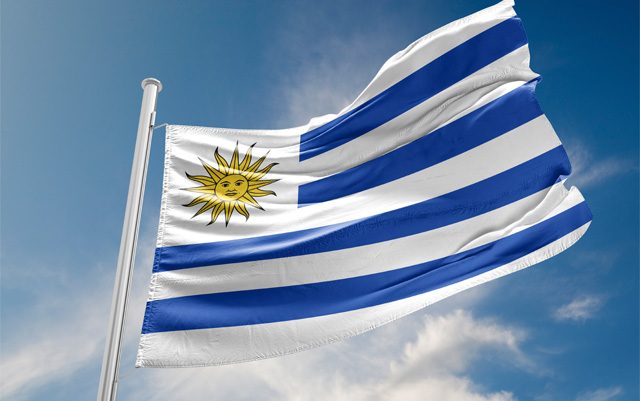Last week the government of Uruguay announced plans to begin the final phase of marijuana legalization in that country. Starting in July, they say they are going to approve and license pharmacies to begin selling legal cannabis.
It’s been a long road since authorities in Uruguay decided to legalize marijuana for adult use in 2013. The pace has been slow and the government has made sure it is going to keep a tight grip on the industry:
The process will be heavily regulated by the government. Pharmacies will have a total of 400 kilograms (882 lb) at their disposal, an amount that could increase depending on demand, [Head of The National Drug Board Juan]Roballo said. They must sell the substance in 5 gram (0.18 oz) containers at $1.30 per gram, though 10-gram containers are expected to be introduced later.
“Heavily regulated” is an understatement. With price controls in place, anything resembling a free market in the legal cannabis industry in Uruguay will never be able to function. Without market-based prices to give them signals, cannabis producers won’t know how much to produce, leaving them dependent on whatever the government tells them to produce. If the price of marijuana is fixed below what its market price would be, shortages will ensue. If it’s higher than the market price, there will be surpluses and waste; both mean more business for the black market. Government officials will constantly be adjusting supply and price to conform to demand since the signals that market prices send will have been eliminated.
And since government bureaucrats could never determine shifting demand as fast as market-based prices can, they will always be behind the curve, never quite knowing how much to supply or what the price should be until well after shortages or surpluses have occurred.
The bottom line is, the system being set up in Uruguay might function, but it won’t function well. The government price will likely be kept low to help the poor, which is great. But that will undoubtedly result in shortages, which will not help the poor who will have the black market as their only source of cannabis – the very thing the government in Uruguay is trying to battle.
The laws of supply and demand are not hard to grasp, but they are impossible to repeal. Good intentions are no supplement for economic realities. After all, if the pharmacy is sold out of cannabis, who cares if it’s $1.30 a gram? It might as well be $130 a gram; either way, the poor person who may need medicine will have to go elsewhere to get it.






